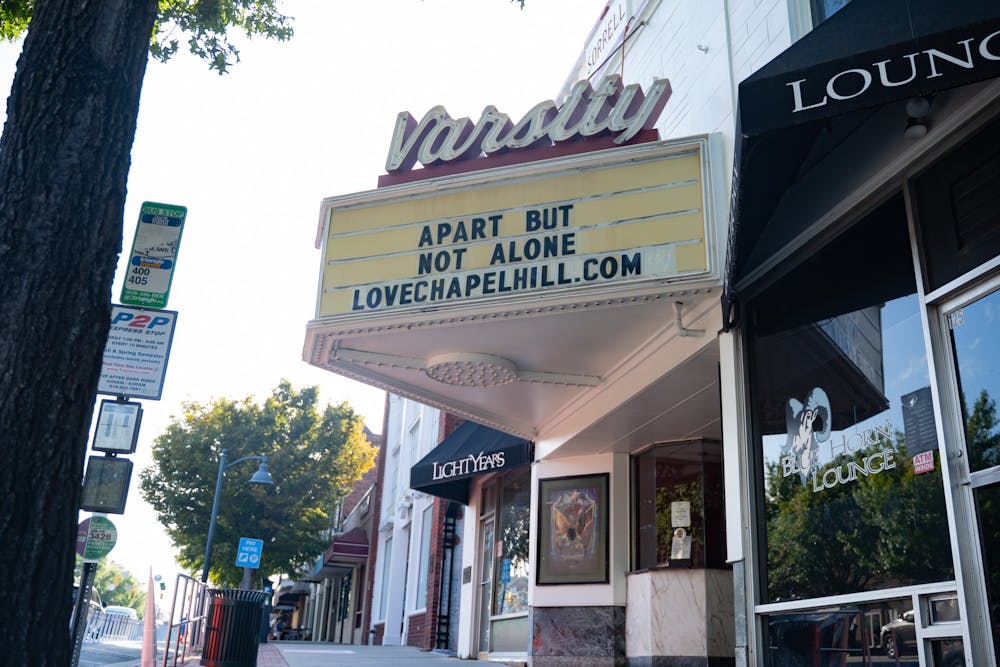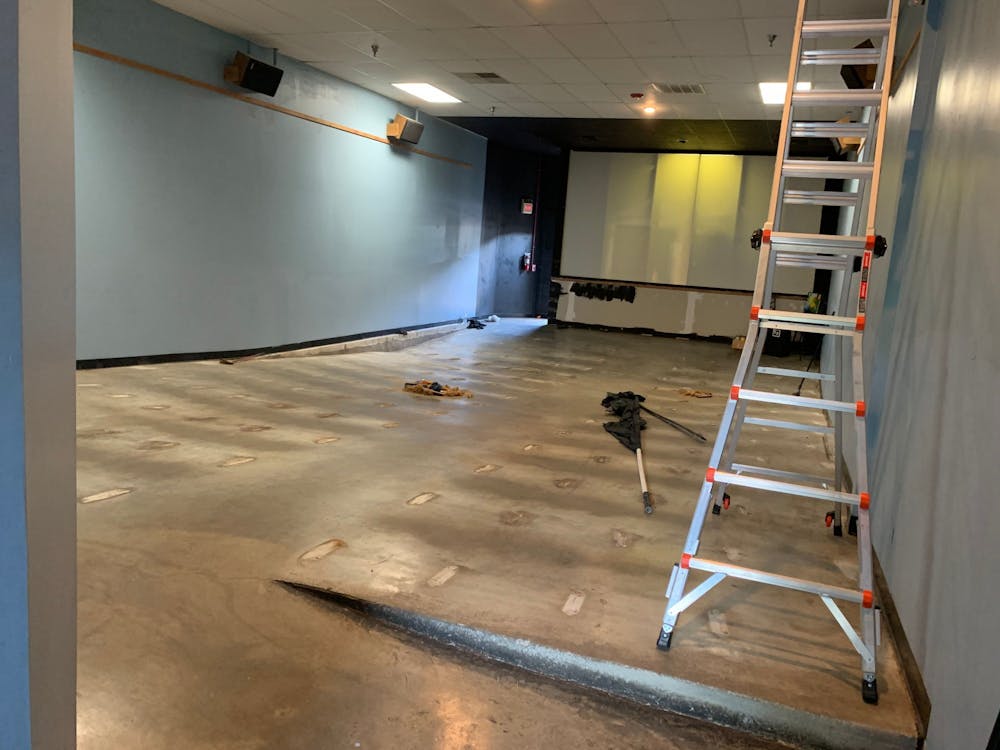Diana Newton can pull out her calendar and tell you exactly when the Chelsea Theater first shut its doors: it was March 16, which was almost six months ago but feels more like six lifetimes ago. Newton is a programmer for the theater, which for 30 years has peddled in “first run, independent, foreign, documentary, and specialty films,” per its website. She says the initial choice to shut down was an easy one.
“It was an inevitable decision,” she said. “When COVID started getting traction, we saw our audience diminish on its own.”
A week later, Gov. Roy Cooper announced Executive Order 120, which ordered all movie theaters, among a myriad of other businesses, to close. Since then, as COVID-19 numbers have persisted and amid much hand-wringing about the future of the movie business, Chapel Hill theaters like the Chelsea, the upscale Silverspot Cinema and the historic Varsity on Franklin Street have faced what is in all likelihood the greatest challenge of their respective existences.
“It’s really not up to us,” Soledad Gonzalo, marketing director for Silverspot, said. “If it were up to us, and we could open safely, we would do so.”
Some local theaters have considerable ties to Chapel Hill history. Perhaps most integral is the Varsity, whose building has exchanged hands and swapped names over the years but has housed a movie theater since 1927. Varsity management didn’t respond to multiple requests for comment, and the theater’s website and Facebook page haven’t been updated since March.
To watch a film at the Varsity is to enter a time machine, where movies are cultural king. Film professor Rick Warner said that if places like the Varsity and the Chelsea were shuttered, it would be a catastrophe.
“What’s lost is that special, sort of communal, experience,” he said. “We know that watching a film with an audience is a totally different thing than watching it by yourself. You especially feel this in certain genres like comedy or horror.
"Your emotional response is going to be determined a lot by how people around you are responding.”
Warner added that even before the pandemic, it was “kind of amazing” that films still had a theatrical window to begin with. Now, with a nation stuck at home, the foothold that streaming giants like Netflix — which added 26 million subscribers in the first six months of 2020 — and Hulu have could get even stronger. That only furthers managerial strain on people like Newton and Gonzalo, who have been forced to adapt or face the prospect of a more permanent form of closure.




